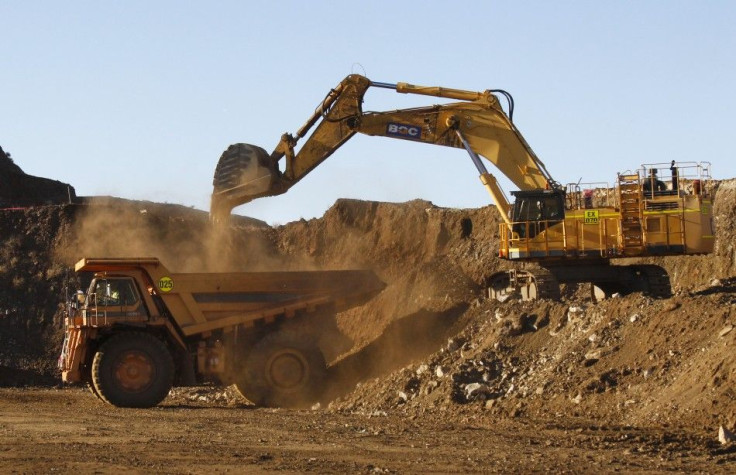Impact of Japan disaster on Asian economies will be minimal: analyst

Though the human tragedy caused by the Japan disaster is incalculable, its economic impact may be less harsh than previously thought.
An analyst said on Monday there will be some near-term impact but it will not be sufficient to dent the region’s strong growth prospects this year.
Commodity exporters such as Australia, Indonesia and Malaysia are well-placed to respond to the expected surge in demand due to rebuilding and potential energy shortages in Japan. Meanwhile, South Korea and Taiwan are well positioned to fill in the gaps created by the disruption to electronics production, Capital Economics analyst Vishnu Varathan wrote in a note.
The analyst said the impact will be varied across countries and sectors, and that the Philippines is perhaps the most vulnerable given its heavy trade and investment links with Japan.
Japanese economy was likely to record zero GDP growth this calendar year, followed by 1.75 percent growth next year, up from the previous estimate of 1 percent, according to Varathan.
According to Ubhi, the exporting countries of the Asia-Pacific will not be particularly hit by the post-quake weakness in the Japanese economy. Asian exporters are, by and large, not directly reliant on Japanese consumers. Instead, the bulk of Asian exports to Japan constitute raw materials, including commodities, and intermediate components for electronics and automobile parts.
Commodity demand
The analyst brushes away fears that commodity exporters like Australia will be affected significantly, saying any disruption to demand for commodities from Japan is likely to be short-lived. Rebuilding efforts will inevitably ramp up demand for hard commodities such as steel, iron ore, coal, and copper.
Exports to Japan are particularly important for Australia, Indonesia, and the Philippines, accounting for 15-20 percent of total sales during 2006- 2010.
The analyst says that commodity exporters in the region are likely to benefit as Japan will launch massive post-disaster relief and development work. The upshot is that commodity exporters in the region, in particular Australia and Indonesia, are likely to benefit. Malaysia will probably see an increase in demand for LNG and perhaps oil.
Varathan also noted that the direct damage to Japanese manufacturing facilities due to the disasters has not been severe than previously thought.
© Copyright IBTimes 2025. All rights reserved.




















